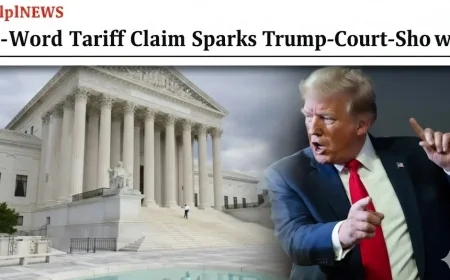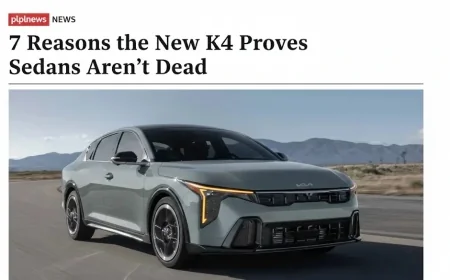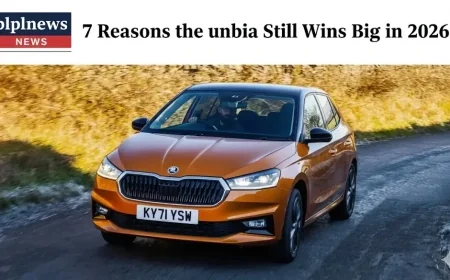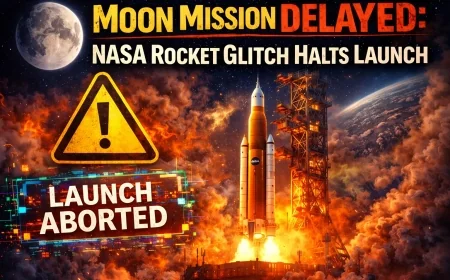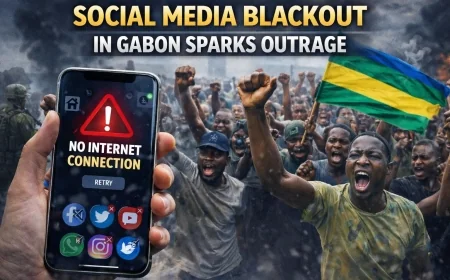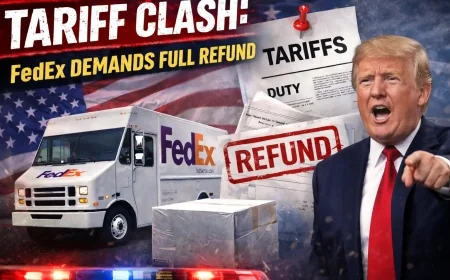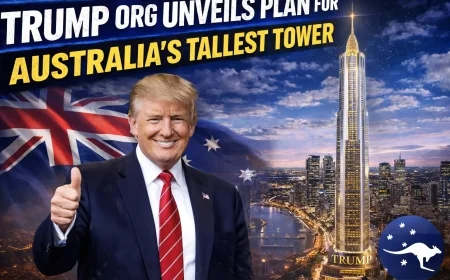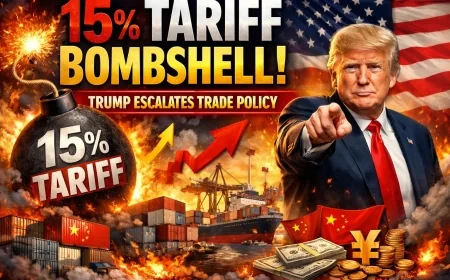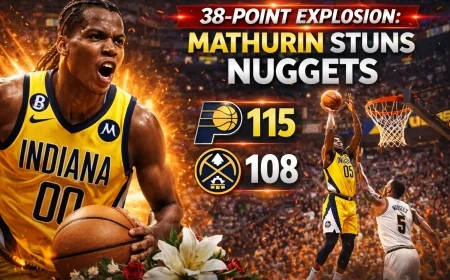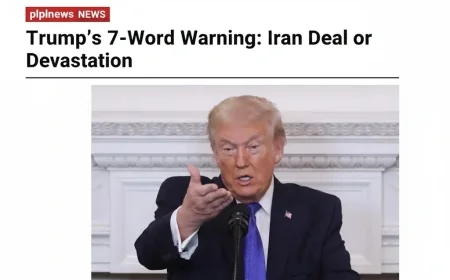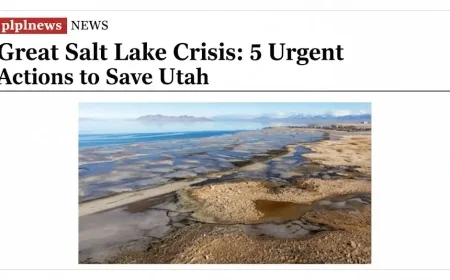This comes nine months after Indian Prime Minister Narendra Modi met with Donald Trump in Washington, where the two leaders pledged to "advance defense ties."
In October, this led to the signing of a framework agreement to enhance defense cooperation over the next 10 years.
The move comes as India seeks to diversify its arms supplies from Russia, amid reports that Trump had asked it to purchase more US-made weapons.
Although Russia remains India's top source of arms supplies, its share has declined from 62% to 34% between 2017 and 2023 as India shifts toward US procurement.
On the other hand, India's defense trade with the US has grown from almost zero to $20 billion, making the US its third-largest arms supplier after Russia and France.
The Department of State's Defense Security Cooperation Agency (DSCA) said these weapons will "enhance India's ability to address current and future threats."
A statement said the $45.7 million sale of Javelin missile systems, which includes 100 FGM-148 Javelin rounds, one "fly-to-buy" missile, and 25 lightweight command launch units, has been approved.
The package also includes simulation rounds, trainers, spare parts, technical assistance, and other logistical support.
In a separate notification, the department approved the $47.1 million sale of 216 M982A1 Excalibur tactical projectiles, along with fire-control systems, primers, propellant charges, technical data, and repair services.
The DSCA stated that the proposed sale would "support US foreign policy and national security objectives" by strengthening its strategic relationship with India, calling it "an essential force for political stability, peace, and economic progress" in the Indo-Pacific and South Asia.
The DSCA stated that India would "have no difficulty" in incorporating this equipment into its military.
This development comes as both countries are trying to reach a trade deal and ease tensions following Trump's imposition of 50% tariffs on India, including a 25% penalty on purchases of Russian oil and weapons.
But after months of uncertainty, tensions appear to be gradually easing.
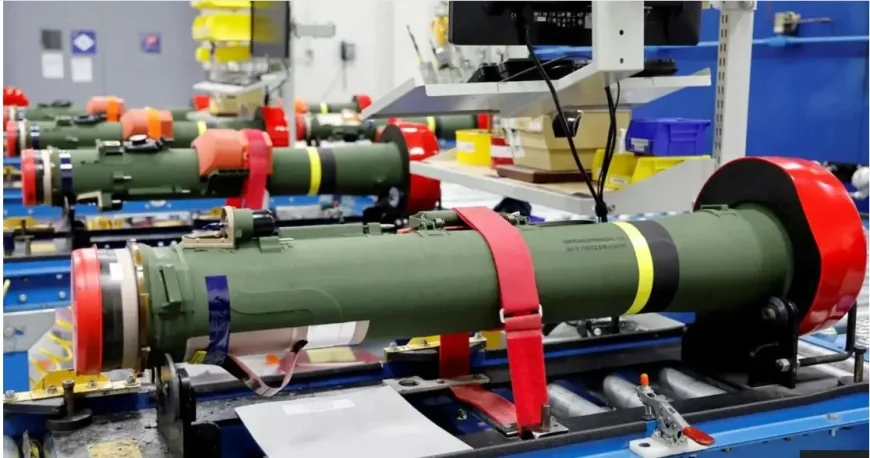
 Like
0
Like
0
 Dislike
0
Dislike
0
 Love
0
Love
0
 Funny
0
Funny
0
 Angry
0
Angry
0
 Sad
0
Sad
0
 Wow
0
Wow
0


